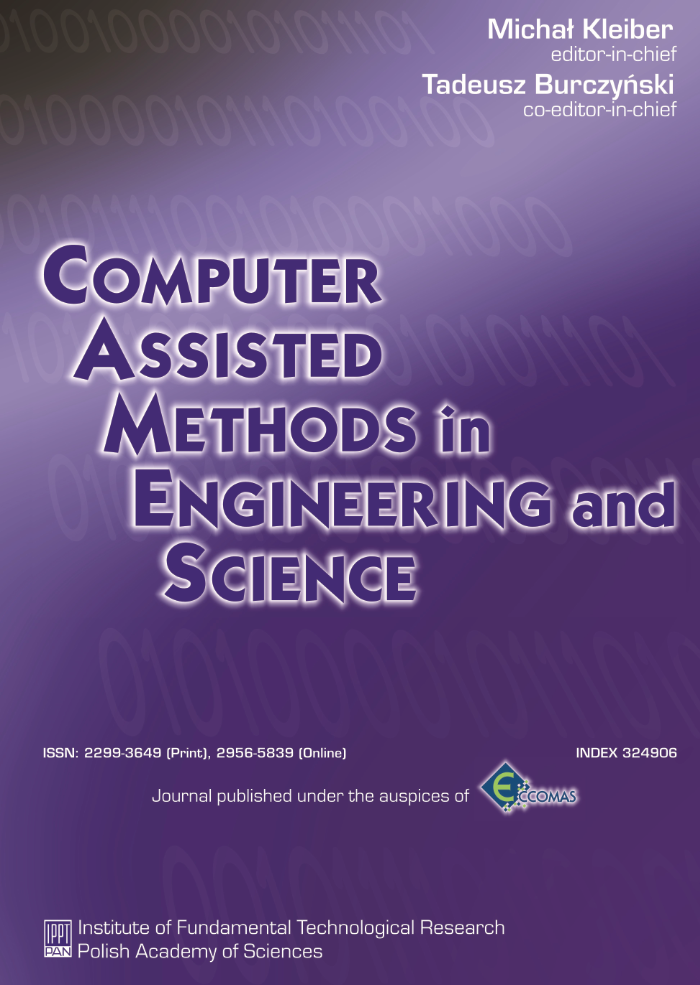Abstract
The objective of this paper is to investigate the efficiency of nonlinear Bayesian regression for modelling and predicting strength properties of high-performance concrete (HPC). A multilayer perceptron neural network (MLP) model is used. Two statistical approaches to learning and prediction for MLP based on the likelihood function maximization and Bayesian inference are applied and compared. Results of experimental data sets show that Bayesian approach for MLP offers some advantages over classical one.
Keywords:
Bayesian inference, regression, high-performance concrete, neural networkReferences
[2] C.M. Bishop. Neural Networks for Pattern Recognition. Oxford University Press, Oxford, 1995.
[3] C.M. Bishop. Pattern Recognition and Machine Learning. Springer, New York, 2006.
[4] F. de Larrard. Concrete Mixture Proportioning - A scientific approach. E&FN SPON, London, 1999.
[5] S.W. Forster. High-performance concrete-stretching the paradigm. Concrete International, 16(10): 33-34, Oct. 1994.



